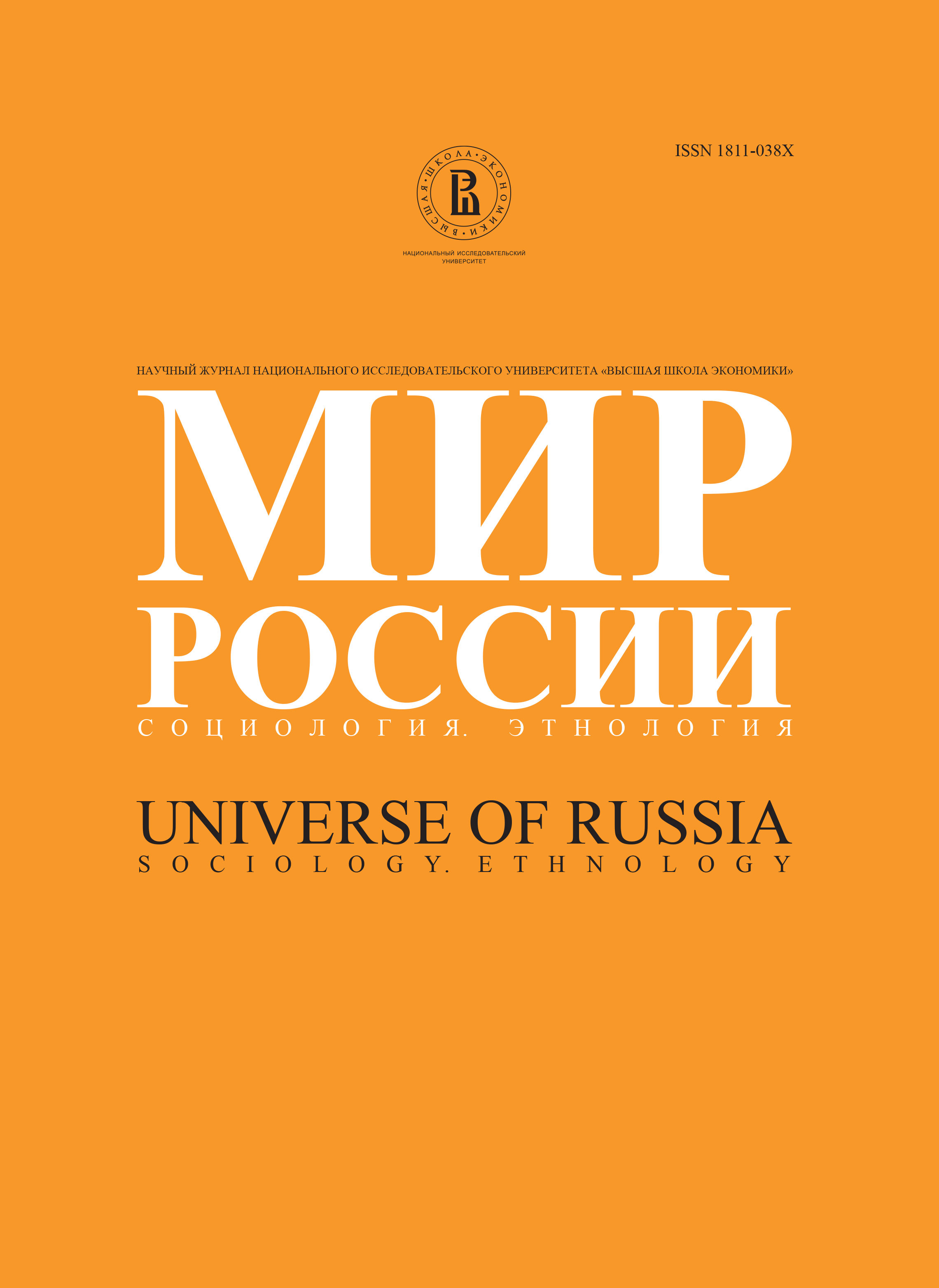Economics as Thriller: On the Book «Promzona» by Yulia Latynina
Abstract
Social scientists used to refer to texts, written or spoken, as a basic source of information in their research (Bakhtin, 1979). Despite this fact, belletristic literature is rarely considered as a valuable source of information about economic processes. It starts playing such a role if economists favor normative analysis and forget about positive analysis. Soviet political economy as well as post- Soviet neoclassical economics of transition both have many features of normative theory, which raises interest in economic reading of belletristic literature.Players on a perfectly competitive market interact like protagonists in a detective fiction (Breit, Elzinga, 2002). Firstly, their behavior is rational. Like Sherlock Holmes and other gifted detectives of fiction, economists assume that people act rationally. Secondly, both in detective fiction and in the economic theories of perfect competition the order is always restored after a series of disturbing events and equilibrium is regained. By contrast, command economy can be better described in the form of a biographic romance if its hero keeps a key position in the hierarchy (Popov, 1987).
The post-Soviet economy resembles neither the perfect market, nor the command economy. The economic system, which appeared in the process of transition, has many peculiar features. The genre of thriller probably fits in well with transitional economy: their subjects act rationally, but at the same time the system is far from equilibrium. Interactions between economic subjects lead the economic system away from the neoclassical equilibrium and they take frightful forms. A possible explanation of this phenomenon consists in the fact, that post-Soviet businessmen are engaged in an envious competition (T. Veblen, 1899) instead of maximizing profit and utility. In the last case both participants win, this is anon zero sum game. On the other hand, there is always only one winner in the envious competition and the interaction transforms into a zero sum game.
To explain the roots of envious competition, one should look at the State as a guarantor of basic human rights, including property rights. If the State fails in protecting the basic rights, citizens start competing for the respect and human dignity. In Latynina's book the State's representatives not only do not care about enforcement of property rights, they also stimulate businessmen to industrial wars and other forms of bloody competition. Post-Soviet bureaucrats follow the rule 'Divide and govern' to keep theirs power. Paradoxically, in the post-Soviet system there are less means of control of the State's representatives than both in the Soviet system and Western democracies. As a result, bureaucrats behave opportunistically and maximize only their own utility.
Rule of Law should be considered as the only guarantee against the generalization of envious competition. Several ways of law making are discussed. One of them (De Soto, 2000) implies that local and group norms are legalized. But in this case the nature of local norms does not change. A compromise between all local norms ought to be found before legalizing them. Otherwise citizens will not respect non-universal Laws. In other words, law making necessitates 'social contract' making as its precondition. The lack of the institutions of civil society in the post-Soviet countries should be taken into consideration while evaluating the perspectives of 'social contract' there.
The arguments in the article are based on the statistical data drown from a series of recent empirical researches (in particular, in-depth interviews with Russian businessmen and surveys by questionnaire).






